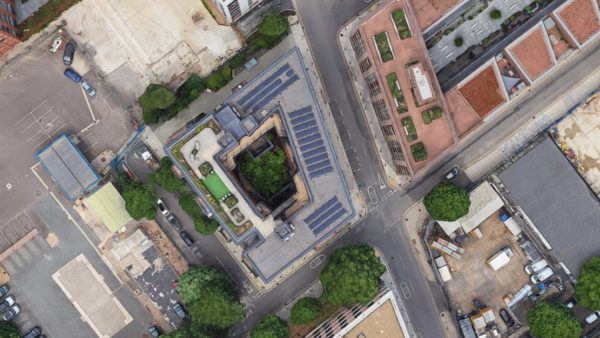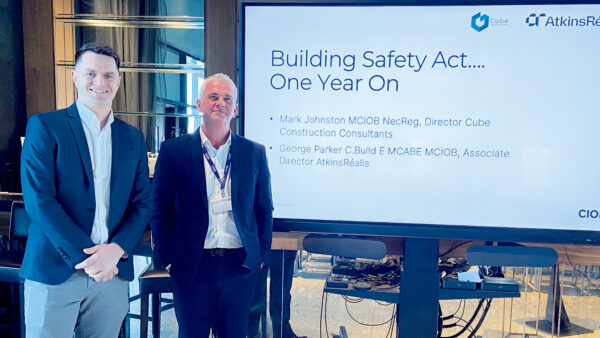
This month’s contract clinic question comes from a contractor who found some historically significant artefacts when excavating a site – and is now worried about the ensuing delays during archaeological investigations. Andy Dunbar examines the contractual implications.
The question
Work on our new development has recently begun. In the process of excavating the site, we came across some historical artefacts we were unaware of, under the ground. Archaeologists have now confirmed that these are of historical significance, and they will need access to the site for a number of months. Our project now runs the risk of significant delays. What can we do to mitigate this and who is responsible for the associated costs?
The answer
Archaeological finds can be exciting events and aren’t too uncommon on today’s construction sites. However, when these discoveries do happen they can cause serious delays. It’s important to have a plan to resolve any potential project delays and a plan to mitigate the time lost.
So, what steps can a contractor take to mitigate these types of delays? And who might be responsible for the extension of time?
Steps to mitigate delays
The first step, after the contractor has notified the employer, is for an archaeologist to evaluate the find. This will determine how significant the historical find is and the extent of the excavation required for a proper study. By hiring an archaeologist, the find is more likely to be correctly preserved. It sounds like this has happened already, which is positive.
There is a chance you may need to inform the relevant authorities, such as local councils. Depending on the nature of the find, you may need permits for excavation, which can be a lengthy process. The time required to apply for and obtain these permits requires consideration in any mitigation plans produced by the contractor.
Once the facts have been established, then you will need to create a plan to deal with the find. Engage with your supply chain and agree to the plan before notifying the employer of your intentions. You should consider the contract and ensure all notice obligations have been fulfilled. The contractor should, after determining if the hold-ups are likely to delay the project, check if the find will
entitle you to an extension of time. You should also consider adding some contingency, or schedule risk allowance, to allow for any unknowns.
Archaeological excavations can often lead to further discoveries, and there is an increased risk of further unknowns. It is essential that you closely follow your plan and monitor performance against it. Ensure you execute your plan carefully to mitigate any delays.
It is important to maintain a dialogue with the archaeologist throughout the project to ensure construction activities which have not been affected by the find can continue smoothly. You should also maintain robust and accurate contemporaneous records daily, to document the find and progress. This will make an extension of time application easier to process, should one be required.
You may also want to consider making the public aware of the historical discovery and the preservation efforts being made, in which case a communications strategy will be helpful.
Who is responsible for the extension of time?
An extension of time is dependent on the contract between the parties. The contract outlines the responsibilities of both parties if an unforeseen delay has occurred, and some have standard clauses for dealing with archaeological discoveries.
JCT has ‘Antiquities’ clauses. Under JCT, the contractor must notify the employer of this relevant event under clause 2.26.
In the NEC form, it will be a compensation event under clause 60.1. If the delay is caused by the late issue of permits from the local authority, then the extension of time might be shared between both parties. In all circumstances, the contract should be consulted to establish which party bears the risk.
Where circumstances like this occur, it is always best practice to review your contract, issue the relevant notice and manage the impact of the event between the relevant parties.
Andy Dunbar is senior consultant at Decipher











